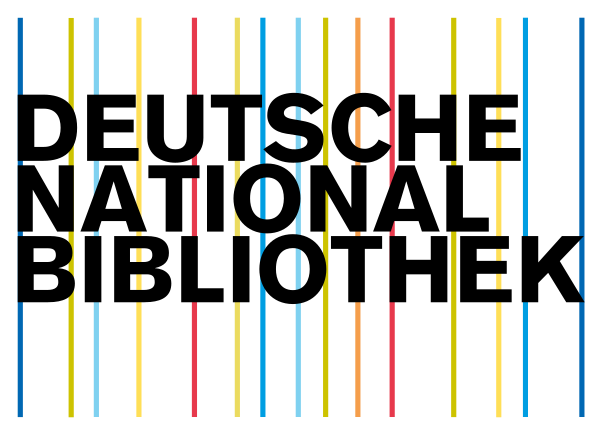The Utilization of Ontologies for Knowledge Model and Data Recovery
Keywords:
Information systems, Ontology, Domain knowledge, Database, Information retrieval, Knowledge managementAbstract
The sensational increment in the utilization of learning revelation applications requires end clients to compose complex database look solicitations to recover data. Such clients are not just expected to get a handle on the auxiliary unpredictability of complex databases yet in addition the semantic connections between information put away in databases. So as to defeat such challenges, specialists have been concentrating on information portrayal and intuitive inquiry age through ontologies, with specific accentuation on improving the interface among information and hunt demands so as to convey the outcome sets nearer to clients explore prerequisites. This paper talks about cosmology based data recovery methodologies and procedures by mulling over the parts of metaphysics displaying, preparing and the interpretation of ontological learning into database seek demands. It likewise widely thinks about the current metaphysics to-database change and mapping approaches as far as loss of information and semantics, auxiliary mapping and area learning relevance. The examination results, proposals and future difficulties displayed in this paper can cross over any barrier among philosophy and social models to produce exact hunt demands utilizing ontologies. In addition, the examination displayed between different metaphysics based data recovery, database-to-philosophy changes and cosmology to-database mappings approaches gives a reference to improving the looking abilities of greatly stacked data the board frameworks.






